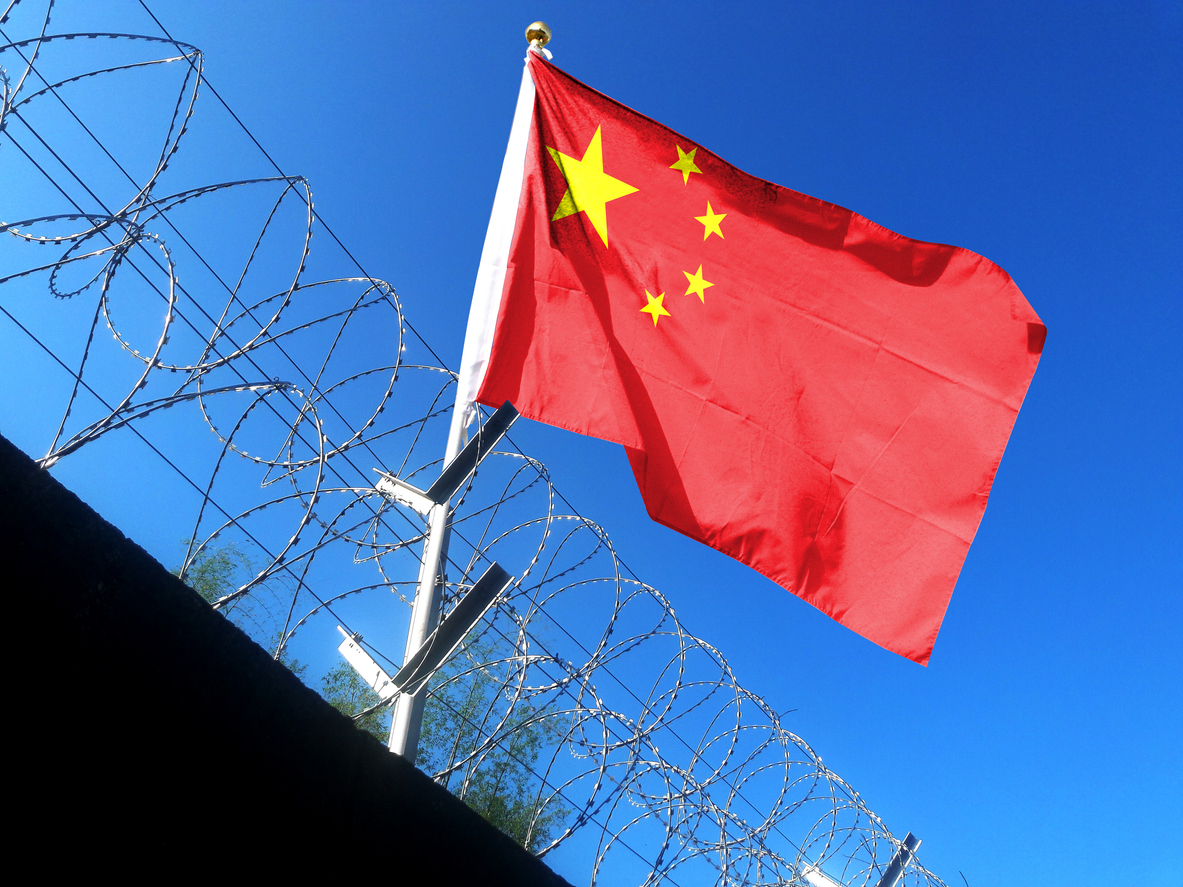If passed the UK government’s “Economic Activity of Public Bodies (Overseas Matters) Bill” (otherwise known as the Anti-Boycott Bill) will be a hammer blow for the UK’s reputation for promoting responsible business conduct and protecting human rights. The bill restricts public bodies, including local councils, universities and government departments, from withdrawing overseas investment where there are concerns about contributing to human rights violations.
Historically, boycotts have been a vital tool with which the UK has protested against human rights violations around the world. In the 1960s, in solidarity with the struggle for freedom in apartheid South Africa, local authorities in the UK banned goods from the country. Going even further back, one of the anti-slavery movement’s most effective campaigns encouraged British people to boycott sugar produced by slaves in the West Indies.
Moves to restrict the ability of public bodies to make responsible investment and procurement decisions risk undermining action to support groups facing torture and persecution around the world, such as in China.
In June this year, a group of Uyghur activists and scholars published an open letter to Rishi Sunak outlining their fears about the bill’s potential to embolden the Chinese Government’s campaign of violence against Uyghur and other minorities in the Xinjiang region. These fears are not unfounded.


In 2019, the British Council, a UK public body, funded a five-year partnership between a UK police training company and two Chinese police universities. In 2022, an investigation by Freedom from Torture revealed that at least one of the Chinese partners had links to policing in Xinjiang. Mass internment, systematic torture, forced labour and forced sterilisation of minorities have been carried out in the region on a scale amounting to crimes against humanity. Police forces across China have been instrumental in these abuses.
When Freedom from Torture raised the findings of the investigation with the UK company, they advised us that “in view of changing UK Government advice” they had suspended all activities involving police and police academic organisations from China. The advice which was introduced in 2021 — over a year before we shared our findings — was part of a package of measures designed by the UK Government to ensure that British organisations, “whether public or private sector, are not complicit in, nor profiting from, the human rights violations in Xinjiang”.
These measures include support for UK public bodies to exclude suppliers linked to human rights violations, as well as guidance for UK business on the risk of causing or contributing to human rights violations when doing business with companies linked to Xinjiang. Such a move by the Government recognises the importance of responsible investment and procurement decisions when dealing with high-risk environments.
It is therefore quite astonishing that just a few years later the same Government appears to be directly contravening its own advice with the “Anti-Boycott Bill” which prevents “public bodies from being influenced by political or moral disapproval of foreign states when taking certain economic decisions”. Unfortunately, however, the threat to freedom of expression posed by the bill strikes a depressingly familiar chord in the context of the government’s wider assault on the right to protest in the UK.
Unsurprisingly, the bill has attracted widespread criticism, with MPs on both sides of the political divide speaking out. Penalising public bodies for making responsible business decisions to oppose complicity in human rights violations such as torture is a huge step backwards for human rights, both in the UK and overseas.
Parliamentarians must protect the UK’s long-held tradition of using boycotts to stand up for what is right and wholeheartedly reject this bill and any other attacks on fundamental freedoms.
Politics.co.uk is the UK’s leading digital-only political website, providing comprehensive coverage of UK politics. Subscribe to our daily newsletter here.












